order histories, retained contact details for faster checkout, review submissions, and special promotions.
Forgot password?
order histories, retained contact details for faster checkout, review submissions, and special promotions.
Location
Corporate Headquarters
Vector Laboratories, Inc.
6737 Mowry Ave
Newark, CA 94560
United States
Telephone Numbers
Customer Service: (800) 227-6666 / (650) 697-3600
Contact Us
Additional Contact Details
order histories, retained contact details for faster checkout, review submissions, and special promotions.
Forgot password?
order histories, retained contact details for faster checkout, review submissions, and special promotions.
GAD1 / GAD67
glutamate decarboxylase 1 (brain, 67kDa)
GAD1 / GAD67 is one of several forms of glutamic acid decarboxylase, identified as a major autoantigen in insulin-dependent diabetes. The enzyme encoded is responsible for catalyzing the production of gamma-aminobutyric acid from L-glutamic acid. A pathogenic role for this enzyme has been identified in the human pancreas since it has been identified as an autoantigen and an autoreactive T cell target in insulin-dependent diabetes. This gene may also play a role in the stiff man syndrome. Deficiency in this enzyme has been shown to lead to pyridoxine dependency with seizures. Alternative splicing of this gene results in two products, the predominant 67-kD form and a less-frequent 25-kD form.
| Gene Name: | glutamate decarboxylase 1 (brain, 67kDa) |
| Synonyms: | GAD1, CPSQ1, GAD-67, Glutamate decarboxylase 1, GAD67, GAD, SCP |
| Target Sequences: | NM_000817 NP_000808.2 Q99259 |
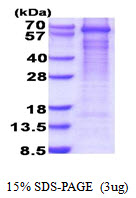


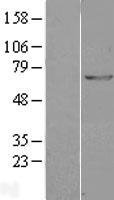
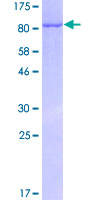
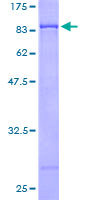
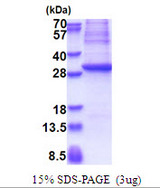


If you do not find the reagent or information you require, please contact Customer.Support@LSBio.com to inquire about additional products in development.










